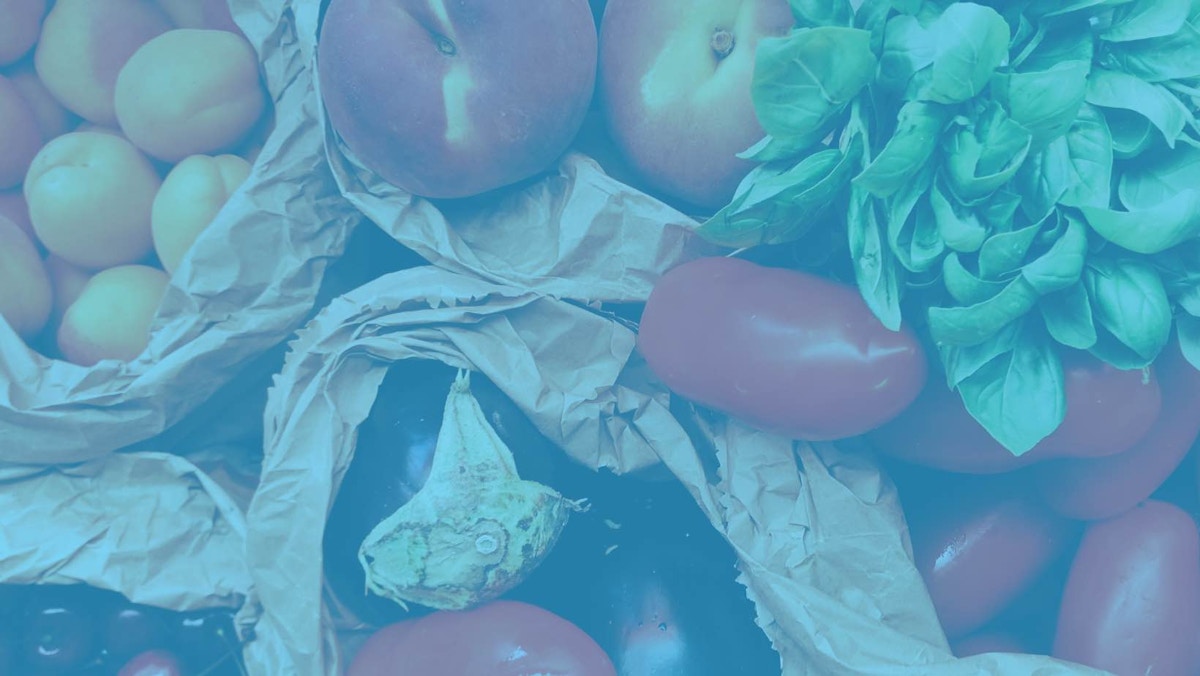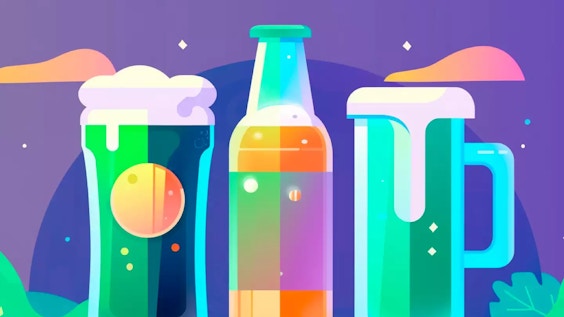I Am Sober is a free app that helps you get some control back in your life.

Alcohol Withdrawal Symptoms
Last Updated: Tue, January 23, 2024Are you tired of waking up hungover, constantly blacking out, and feeling like you’re disappointing the people you care about?
Or perhaps you’ve found yourself drinking a couple of glasses a day out of boredom or habit and would like to stop?
If you suffer from alcohol dependence, know that you're not alone. In fact, one in 12 people suffers from alcohol dependence in the US.
Now, if you’ve been using alcohol for a while and have decided to quit, you might experience withdrawal symptoms.
While these symptoms will cause discomfort, they’re absolutely normal and usually stop a few days after you’ve quit drinking. The severity and length of withdrawal symptoms depend on a few factors, including how heavily and how often you drink.
In this blog post, we’ll highlight the main alcohol withdrawal symptoms before providing you with some tips to help you manage them and resist the temptation to turn back to alcohol to ease the discomfort.
The American Addiction Centers’ website defines alcohol withdrawal as ‘’a set of symptoms that occur when someone who is physically dependent on alcohol suddenly stops drinking alcohol or drastically reduces their alcohol intake’’.
But why does it happen in the first place?
Among other things, alcohol affects the pleasure center of the brain, leading to an increase in dopamine production. Dopamine is a chemical messenger that is responsible for feelings of happiness, pleasure and wellbeing. As human beings, when we drink alcohol, the brain’s reward system is overloaded with dopamine creating euphoric feelings. The more often you drink, the more your brain gets used to accommodating this surge in dopamine. And when you stop drinking, your brain has to readjust which leads to alcohol withdrawal symptoms.
Alcohol withdrawal symptoms can range from mild tremors and severe anxiety to seizures and DT (Delirium Tremens).
Here’s a timeline of alcohol withdrawal symptoms for those who develop them:
-
6 hours after the last drink
Approximately six hours after drinking their last glass of alcohol, people might start experiencing mild withdrawal symptoms such as anxiety, headache, vomiting, shaky hands, insomnia, sweating, or palpitations. These symptoms can persist up to a week and rarely occur after two to three days into a period of sobriety.
-
12-48 hours after the last drink
While less common than the symptoms listed above, 12 to 48 hours after their last drink, some people experience something called ‘’alcoholic hallucinosis’’. The term refers to visual or tactile hallucinations such as the sensation of insects crawling on their body. The thing with this type of hallucination is that people aren’t confused and know that they’re having hallucinations.
Brief withdrawal seizures can also be experienced during this period.
-
48-96 hours after the last drink
The most severe and dangerous withdrawal symptom is called Delirium tremens (DTs). DTs consists of severe tachycardia, hypertension, delusions, and vivid hallucinations. Delirium tremens is what can make alcohol withdrawal life-threatening. If you experience DTs you might also have high blood pressure, fever, or heavy sweating.
Drink a lot of fluids
Many people suffer from dehydration and nausea when they stop drinking so, ensure you drink plenty of water to help your body replenish.
Also, alcohol withdrawal can cause electrolyte imbalance so make sure to also drink plenty of fluids that are high in electrolytes like coconut water, watermelon water, or smoothies. These drinks are packed with vitamins and contain high levels of electrolytes such as sodium and potassium. This will help replenish your body and might lessen the risks of seizures.

Eat a Healthy Diet
By eating a balanced diet, you’ll provide your body with the nutrients and energy it needs to recover from alcohol dependence.
Some of the foods you can add to your diet when detoxing from alcohol include:
-
Fruit and vegetables
-
Whole grains
-
Foods that are high in vitamin B
-
Proteins that are low in fat
-
Cayenne pepper
Using a sobriety monitoring app can be a great way to track your sober days and help you stay motivated.
At I am Sober, we believe that connecting with people aiming for the same sobriety goal is key to helping you stay motivated. That’s why we’ve designed an app that not only allows you to track your sobriety days and help you build new habits but also provides access to a tight-knit community of people striving to recover from addiction.
You’ve Got This!
While quitting alcohol isn’t easy, the fact that you’ve read this blog post means that you’re taking a huge step towards taking back control. Along with following these tips, don’t hesitate to talk to professionals who will be able to support you and help you overcome addiction, and get your life back.
I Am Sober is a free app that helps you get some control back in your life.




